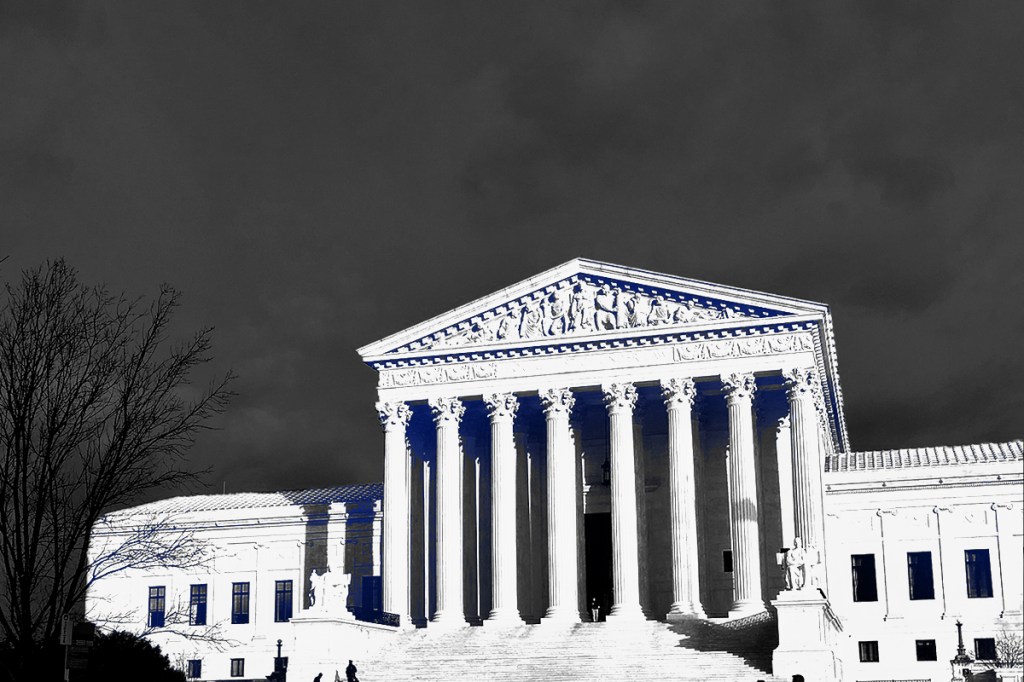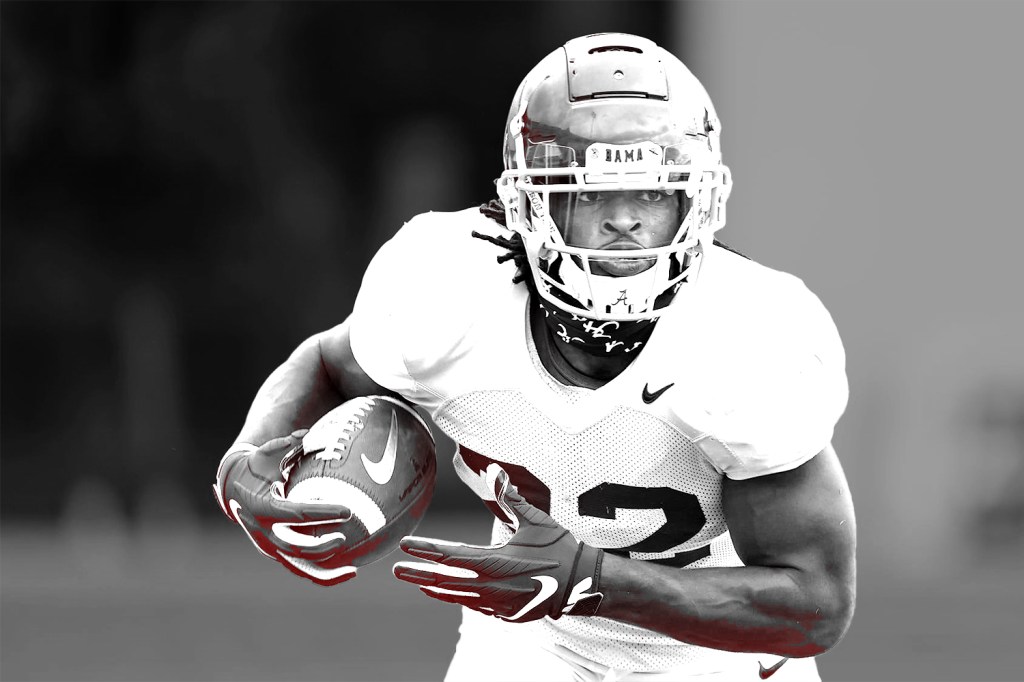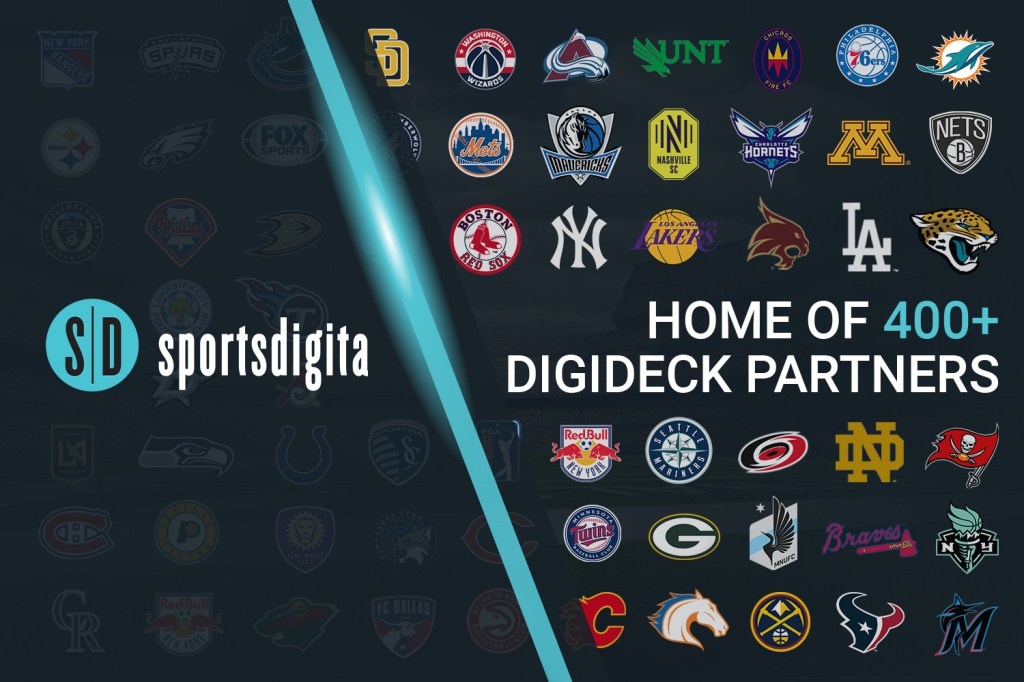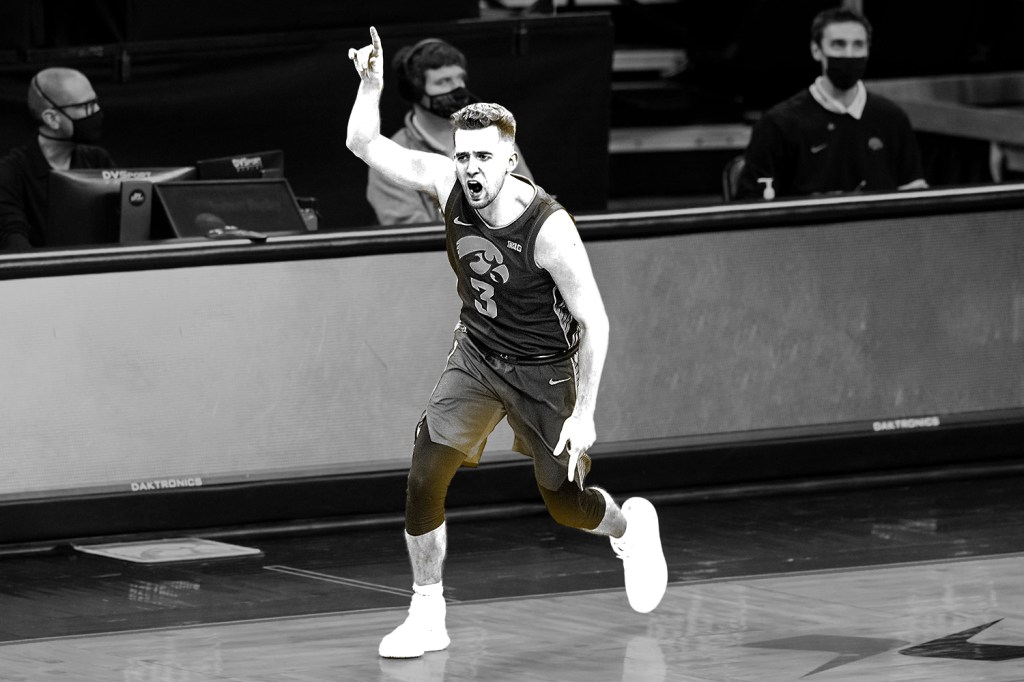When the Supreme Court released its unanimous decision in NCAA v. Alston, the tweets and headlines came pouring in: Amateurism is dead! The NCAA’s business model is kaput! NCAA athletes will finally get their payday!
Not exactly.
The ruling invalidated one small portion of the amateurism model, and paved a legal path to continue challenging the NCAA with future lawsuits.
It won’t result in schools cutting checks to players after practice. There’s still a long way to go.
“This historic 9-0 decision is about the athletes, especially those who will never join the pros,” lead counsel for the Alston camp, Jeffrey Kessler, told FOS in a statement. “Hopefully, it will also swing the doors open to further change…Only then will the NCAA truthfully be able to say it is devoted to the welfare of the student athletes.”
The Court’s Narrow View
NCAA v. Alston centered around a much less controversial issue than paying players: Whether limiting the education-related benefits for Division I football and basketball players violates antitrust.
The Supreme Court found only that this one small part of amateurism was illegal.
The opinion could, however, help amateurism challenges in the future. It established that the NCAA is subject to scrutiny. And it invalidated one of the NCAA’s decades-long legal defenses.
Both of these things give power and legitimacy to future challenges of amateurism.
Kavanaugh Attacks Entire NCAA
While the main opinion refused to address the rest of amateurism, Kavanaugh’s concurring opinion criticized the entire business model.
His concurrence was heralded as the end of amateurism. But it isn’t — it holds much less weight than the main opinion and is neither precedent nor law. But it does serve as an open invitation for athletes and advocates to bring more lawsuits. Step right up, Kavanaugh said. You have a friend in the high court.
Of the many biting quotes, his opinion included this: “The NCAA’s business model would be flatly illegal in almost any other industry in America.” And this: “The NCAA’s remaining compensation rules also raise serious questions under the antitrust laws.”
Not to mention this: “But the students who generate the revenues, many of whom are African American and from lower-income backgrounds, end up with little or nothing.”
And, of course: “The NCAA is not above the law.”





